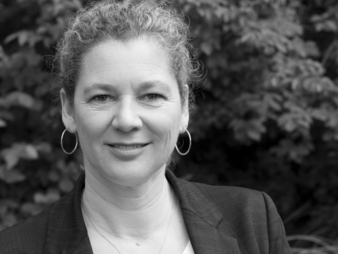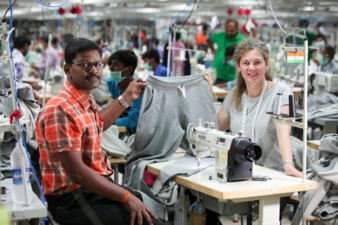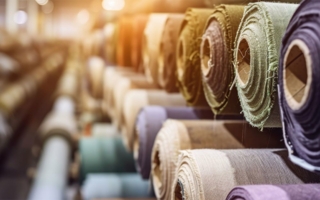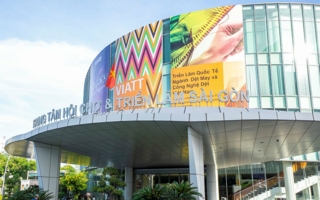15/05/2020 – From sowing the seeds to the finished textile — auf Deutsch lesen
Remei AG: The only way is together
Remei offers a fully sustainable supply chain for organic cotton. An interview with Marion Röttges, Co-CEO about the coronavirus pandemic.
textile network: Closed stores, halted production lines, disrupted supply chains: Covid-19 is sending tremors throughout the industry. How are things looking at Remei?
Marion Röttges: We are finding ourselves in a kind of “sandwich” position: we’re currently affected both by the closure of our B2B partners’ retail stores and the standstill of our production partners’ factories in India due to the lockdowns. But we are seeing a lot of solidarity and a very cooperative exchange with our partners. This supports us and our idea of a sustainable form of doing business.
textile network: You follow what you call an ‘all- holder value’ approach. What does that mean exactly?
Marion Röttges: In terms of manufacturing and retail, there needs to be a good balance between social, ecological and economical aspects. Basically, it means that all bioRe partners think and work with each other in mind. We want to live up to this responsibility – also during the coronavirus crisis.
textile network: What new role is this responsibility taking on since the outbreak of the coronavirus?
Marion Röttges: It is becoming more tangible: we quickly started gathering information from the production facilities and sharing it with our stakeholders. We are really close to our entire supply chain and want to know how our partners and farmers are doing. In Tanzania, the risk is increasing for farmers in terms of food supply and a possible lockdown. Restrictions against the right to freedom of assembly have also been introduced and bioRe Tanzania Ltd. Is seeking solutions as to how the purchase of cotton can take place in May. In India, the cotton sowing is supposed to start in May, but there is a nationwide lockdown in place. We are in constant contact with bioRe India Ltd. who are trying to ensure that farmers receive enough seeds to safeguard the agricultural business.
textile network: Cooperation is an integral part of the Remei model. What could a more meaningful cooperative value chain look like?
Marion Röttges: Yes, that’s right, fair trade relations are a cornerstone for us in the organic cotton sector. There’s a reason why our B2B partners choose to work with us: they understand our approach and their role in it – and play a major part in our success. Partnerships are the key to the future if we want to produce textiles sustainably: we need experts who work together on sustainable solutions, and decision-makers who are committed to a cause and then join forces to pursue that common goal. That’s also something we experienced with the Greenpeace Detox collection: a challenge on which all partners worked together, and for us a huge miles tone.
textile network: The seasonal rhythms of the fashion industry are currently facing critical scrutiny and there are even talks of possibly skipping a season or postponing delivery dates. What is Remei doing and how are your retail partners reacting?
Marion Röttges: There is a surpluss of goods on the market right now. In terms of sustainability and the textile resources available, a workable regulation needs to be found. So the challenge is there, in terms of both sustainable and conventional business practices. Our B2B partners are acting very responsibly in that respect. We need to find solutions that are appropriate for everyone. The only way out of this crisis is together.
textile network: Resilience is a buzzword we are hearing a lot these days. Do sustainable companies have an advantage here?
Marion Röttges: I am firmly convinced that they do. Our value model and its significance remain unchanged and can also withstand situations like this one. Decisive for our resilience is the commitment embedded in our business model and the collaboration with our partners. Here at Remei, we also see self-efficacy as a major strength: we know what we can contribute. During a crisis, consumers begin to rethink their priorities and companies question their business models and supply chains. That’s why I think that our way of doing business will become more relevant. We cannot eliminate the crisis, of course, but hopefully we’ll be able to show that sustainable and meaningful business models are resilient and can therefore convince other decision-makers in the retail sector.
Mrs Röttges, thank you for talking!
The questions were asked by Jana Kern.





